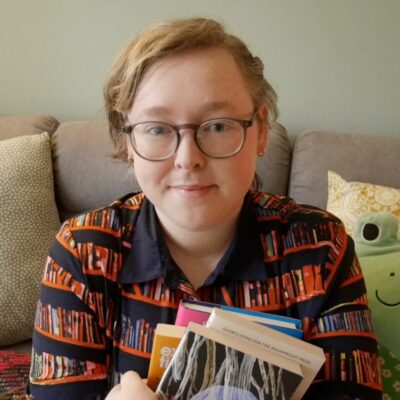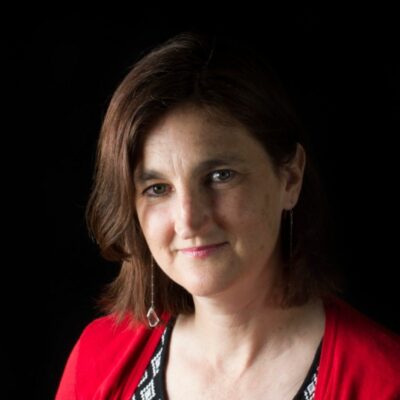
Playing the Pauses in Flash Fiction – Employing the Unsaid with Marie Gethins
Info
Date: January 9, 2023
Time: 6.30 pm - 8.30 pm
Duration: 6 weeks
Level: Beginner | Emerging |
Cost: €165 (€150 Members)
Online/In Person: Online
Course Summary
A distilled prose form, flash fiction relies on suggestion—layered meaning off the page. Implication is a core strength of excellent flash, but it can be a challenge to gauge.
Stylistic techniques drawn from visual presentation, music, poetry, screenwriting, and verbal templates demonstrate multiple approaches to utilise the pause for deeper significance. Participants will read and discuss examples drawn from a variety of flash fiction styles, learning how to incorporate practices that can enrich their own work. Short bursts of writing time will generate initial drafts, with students having the option to submit full drafts for comprehensive individual critique.
Course Outline
Week 1: Introduction, reading and analyses of successful use of white space in flash fiction. Using breaks. What effects do compression and spacing have on reader understanding. Prompts provide participants the opportunity to test their own interpretations.
Week 2: Reading and analyses of flash fiction using physical constructs to insert pauses, such as diagrams, flow charts, mazes, and others. Prompts provide participants the opportunity to test their own interpretations.
Week 3: Reading and analyses of musical influences in flash fiction. How ‘playing the pause’ enhances each story and why they work. Writing prompts inspire participants to try a ‘scoring’ approach to flash.
Week 4: Reading and analyses of flash fiction incorporating the poetic technique of calligram. Prompts provide participants the opportunity to test their own interpretations.
Week 5: Reading and analyses of flash fiction incorporating the poetic devices of conceit and zeugma for implied meanings and humour. Prompts provide participants the opportunity to test their own interpretations.
Week 6: Reading and analyses of flash fiction incorporating screenwriting devices for layered emotional tension. Prompts provide participants the opportunity to test their own interpretations.
Course Outcomes
Participants will gain techniques through formatting, design styles, music, poetry and screenwriting to employ the unsaid for deeper emotional resonance. Post-course individual critiques are available to participants on up to 1000 words of material generated during the workshop.
Marie Gethins’ flash fiction has featured in NFFD Anthologies, Flash, Jellyfish Review, Banshee, Fictive Dream, Mslexia, Litro, NANO, FlashBack Fiction, Wales Arts Review, Synaesthesia, The Incubator, The Nottingham Review, Spelk, Ellipsis Zine, Words with JAM, Paper Swans, 101 Words, and others. She won or placed in Words-on-Water, Dromineer, Allingham, Dorset, TSS, Flash500, The New Writer, and Prick of the Spindle. Selected for 2020 BIFFY50, 2021 Best Microfictions, a British Screenwriters Award, Pushcart and Best Small Fictions nominee, she critiques for the Oxford Flash Fiction Prize and is an editor of the Irish flash ezine Splonk.





